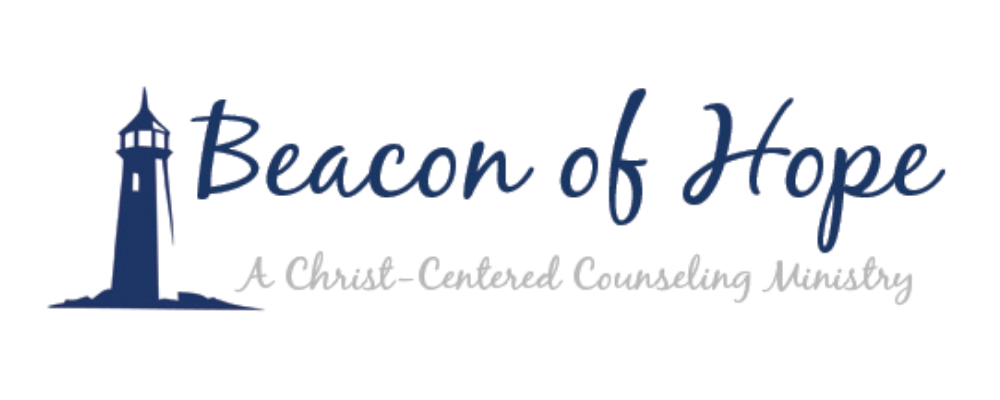Reflections on Forgiveness
When tragedy strikes, pain and suffering run deep, and the effects of sin are assuaging us and our relationships, the need for hope is present and palpable. Among the ways humankind determines to find hope, whether in physical might, personal autonomy, or morality, none is as powerful or effective as the loving action and attitude of forgiveness. However, forgiveness in its truest form is not about revenge, personal fulfillment, or even personal happiness; in many ways, forgiveness runs counter to our human craving for fairness. When we walk in forgiveness through the power of God, we are transformed in our hearts as well as in our homes, churches, and communities by putting on humility, patience, and love. The result is more peace, hope, and joy than we could imagine in light of the brokenness in which we live (Romans 5:5). Truly, a right understanding of the role of forgiveness in our lives leads to seeking after hope that God not only sees and understands our pain, but has overcome sin and death, and is making all things new.
In every client's story, there are incidents—sometimes lifelong—of painful circumstances, injustices, and hurts. These are things that we all suffer as fellow human beings. Every person's response and path vary, and yet I find that we all benefit and are encouraged through hearing others' stories of healing and change. Therefore, I offer part of my journey of forgiveness as an incomplete and imperfect exhortation to stay with this worthy yet difficult pursuit.
Before my parent's separation at age 17, I thought of forgiveness as essentially making amends with those who wronged me yet are truly repentant. When my parents' marriage ended in divorce, I wrestled with the bitterness I felt. Through patient and compassionate care from my counselor, church community, and the Holy Spirit over the following years, I was able to name and feel the pain of my past and present experiences, and grieve the losses and voids. I was also encouraged to discover, feel, accept, and release the feelings of anger and bitterness present in my heart. One night several months after my parents' separation, I was remembering the pain of my father's choices and the sting of his disingenuous repentance. I was also wrestling with God, who had brought me into the process of forgiveness—I was resistant to following His lead further. The Lord spoke to my heart and asked me tenderly, compassionately, and directly: 'How much have I forgiven you?' Rather than an accusation, this resulted in a deep realization of the nature of my own sinfulness and the vast love of God for me. In the light of Christ's faithfulness and love, my perspective started to widen and soften—I began to see my father not as an enemy, but as a fellow victim of sin and brokenness. While throughout the first two years I wavered on whether I should cut ties and sever the relationship with my father, God continued to guide me with His wisdom and give me hope for restoration. This process, for me, has involved confronting my father in love and naming the effect of his sin on my life, while also offering love and forgiveness in the form of kindness and continued efforts to connect, while enacting helpful boundaries for us both. The results—greater peace in the relationship than I believed possible, deeper communion with God, and personal freedom. I have reminders that arise that let me know my process of forgiveness is not yet complete. Indeed, the decision to forgive is not 'once-and-done', but a decision to keep choosing forgiveness, one step at a time. By God's grace, I will continue to walk in the light of His love, confessing my shortcomings, offering continued forbearance in love, and praying for further reconciliation in the relationship.
I pray the same for you on this journey to healing—wherever you may be.
Written by former counseling intern, Hannah Moore

